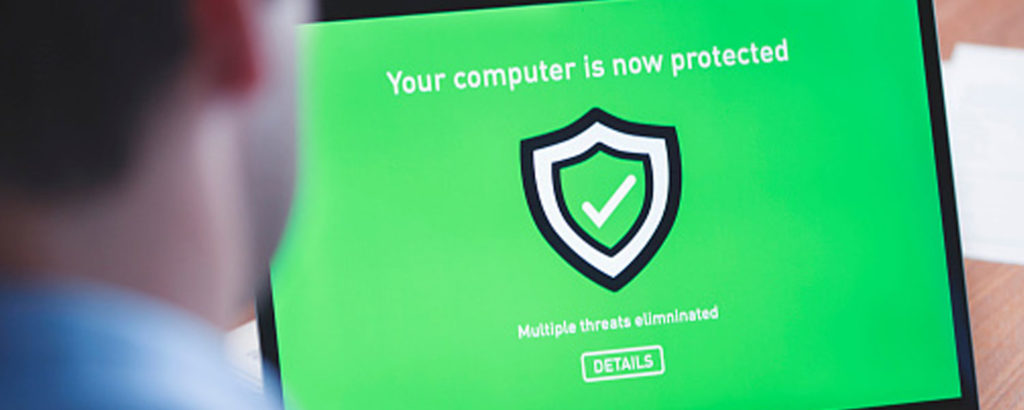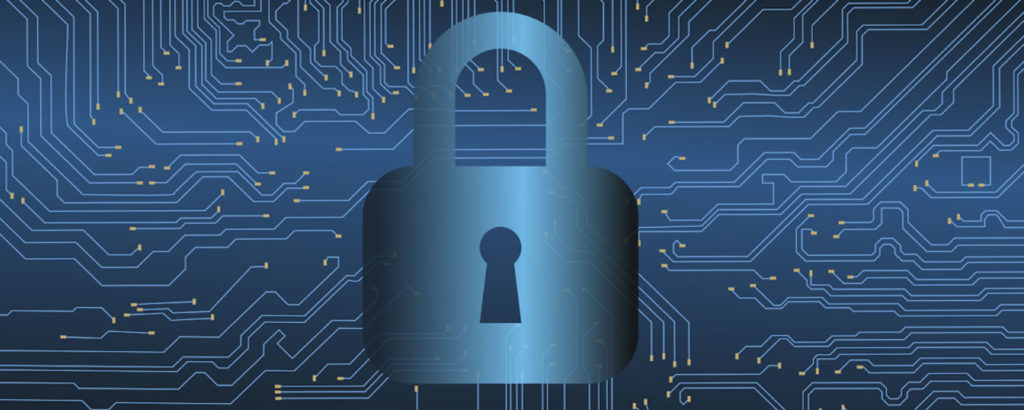Your IP address is something you probably don’t spend much thinking about. Unfortunately, your IP address can be used to find out your physical location or even what you’re doing online. It’s not always easy to protect the information stored in an IP address from those who want it for nefarious purposes. When it comes to protecting your information and identity online, no one can be too careful. Using an IP address makes the user vulnerable because they’re giving up their location for every website that requires a variable data connection or even just browsing in general. This is crucial if you want any chance against hackers who may try seizing precious personal details like Social Security numbers.
In this post, we’ll look at some of the things someone could do with your IP address and how to protect yourself from these dangers. But before moving forward, let’s know exactly what the IP address is.
What is an IP address?

A public IP (Internet Protocol) address is a thread of numbers assigned by your Internet service provider when you are online. An IP address points out a device at the network so other gadgets can connect with it. In addition, these numbers disclose approximately location detail.
For example, your personal computer might have one number that changes every time you connect to another WiFi hotspot or engage in web browsing; however, this also depends upon if we’re talking dynamic (changing) vs. static (unchanging).
How can a person find your IP address?
Your IP address is the digital equivalent of your physical location. It doesn’t matter if you’re in a public or private place; someone can easily find it with just one key piece of information. It can offer information on which networks are available for their device and which ones aren’t.
There are many ways to glean someone’s IP address:
Your device: If anyone can access your apparatus, they also can find your IP.
Via email: You receive many emails on your drive. Some of the email services allow the sender to know the recipient’s email IP address.
Same network: If two people are on the same network, like at an office or school, the other can know your IP address.
Web sites: Whenever you visit a website, the admin can easily find what your IP address is.
What if someone has my IP address?

Your IP address is a number that identifies your device and shows where you are online. Hackers can use this information to track which sites or services you have used, which means they know more about who has access to specific personal details of their choosing.
What if someone gains access? The possibilities range from minor inconveniences (like ordering pizza) up to full-on cyberattacks.
Know your location
An IP address is an Internet equivalent to a physical street address. Once someone knows that, they may also be able to poke around online and find your existing home’s location! Many criminals keep tabs on social media when their victims go out of town to ensure there won’t be any surprises for them later on down the road. If you want peace of mind and security, then take care not only of yourself but friends and family, too, by securing locks at all entry points into your house (especially those leading from outside properties).
Limit your access
Finding your home address from an IP isn’t just important to you. Numerous online services obtain your IP address to limit access based on your zip code or city so that they can tailor content for local customers only. So, for example, YouTube will show videos from the area where its residents live (or spend most of their time). And Netflix knows precisely what country you’re in so it can provide users with an international library explicitly tailored toward them — such as movies available only within Canada but not Great Britain, for example.
Send you annoying ads
Alarmingly, many websites now use tracking programs to monitor your browsing habits and then send you targeted ads. For example, you might read an article about raising bonsai trees accessed through a website at IP address xxx-xxx-xxxx with browser Google Chrome, and that information is used by advertisers. The implications of this for online tracking and your privacy are enormous.
Monitor your activities
If you want to stay secure, you must monitor your Internet activities. Employers will often research an employee’s online behaviors and use their computer through the IP address without consent or knowledge to track them down for more work-related matters like telecommuting. With this kind of information, we can better understand what people might do with such data if given free rein; some may abuse individuals’ personal lives while others just look out for company interests (such as employers).
Phishing attacks
When people comment on forums or websites, most know that administrators can see their IP addresses. However, sometimes this information could also leak to other users who might have bad intentions. Additionally, once an attacker has gathered enough information about you on these platforms, they will find contact details that give them access to produce convincing phishing emails sent directly to their victims.
DDoS attack
Protecting your devices from DDoS attacks is a challenge. First, the attacker would have to know what IP address you’re using. Then, they could just start generating high-volume data requests using your IP address. This process has been dubbed “IP spoofing.”
An easy way around these issues: Don’t open emails or other attachments unless given permission. And be careful about who sends them.
How to protect your IP address
There are some ways to help protect yourself against unwanted contact on this front. For example, use the Tor browser when downloading any torrent file online. Additionally, you can block ads on all primary services, including email providers. Doing this gives hackers fewer chances of getting access to personal accounts through malware attachments sent during phishing attacks.
You can prevent hackers from getting a hold of your Internet traffic by investing in the best VPN service. A VPN will give you an IP address different from what’s listed on any online resources. This way, no one knows where you are located. All data gets encrypted sent through a VPN. Even ISPs do not know anything about what goes on there. Just make sure the VPN provider you use is reputable. There are too many sketchy VPN providers, especially those promising a free service.
Featured image: Shutterstock



